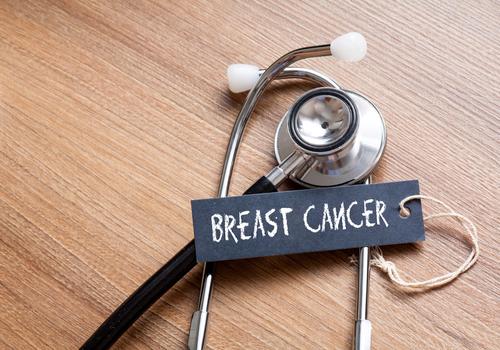My colleague has written about the latest offering from the American Institute for Cancer Research(AICR), New Report: Just One Alcoholic Drink a Day Increases Breast Cancer Risk. I will leave it in her capable hands to discuss the problem with that headline, but I did want to note in passing some information deep within the report itself. Well, a report may be the wrong word, it is a meta-analysis by their experts on meta-analysis papers in the literature – a summary of summaries. And as you might expect, something is always lost in summation.
They also found that “being overweight or obese between the ages of about 18 and 30 years decreases the risk of premenopausal [and post menopausal] breast cancer. So you have to ask why they didn’t write a headline about eating more to become overweight or obese would be protective of women? That is because they simultaneously found that being overweight or obese throughout adulthood (I guess after age 30) as well as greater weight gain in adulthood increases the risk of postmenopausal breast cancer. How does that work? What is the plausible underlying biology to explain how weight is protective in one period and not another? Here is what they say:
“Overall, the mechanisms underlying the inverse association of early life body fatness and breast cancer risk are complex and not well-delineated.
A challenge for understanding mechanisms of action for various measures of body fatness and breast cancer risk is the apparent protective impact for premenopausal breast cancer and enhancement of risk for postmenopausal breast cancer. Although much remains to be elucidated, this finding may imply fundamental differences in the aetiology, confounded by complex interactions between diet, physical activity, and genetics. There is no single well-established mechanism through which body fatness may prevent premenopausal breast cancer.”
Weight may well be a confounding variable – a variation that has a hidden linkage, a variable where a plausible mechanism for action is “not well-delineated.” And this brings me to the second finding in this confounding category, height or “linear growth.” In the first study cited the relative risk (RR) for height and breast cancer is 1.02 and 1.07 (premenopausal and postmenopausal). But this RR is within the confidence level of the measurement, and it is my understanding that statistically speaking there is no statistical association. Similarly, in the second study, the RR for breast cancer was 0.98 and 1.11 (premenopausal and postmenopausal) – these authors saw no correlation for premenopausal women, just for postmenopausal. Again the RR was within the confidence intervals, not a statistical association. [1] The AICR’s meta-analysis concludes:
”adult attained height may serve as a marker of an aggregated fetal and childhood experience and is clearly also a surrogate for important nutritional exposures. These affect several hormonal and metabolic axes, which may in influence breast cancer risk.”
Weight and height are both listed by the AICR as “strong evidence.” But in reality, this is the opinion of their experts. Experts that find it easier to point at statistical testing than simply to say “We don’t know.”
Like many other papers, this is more noise than signal. It does not further our understanding, and because it is a summary of summaries, a narrative written by experts, it serves to strengthen the “commonly accepted” rather than provide new insight. When you further reduce the report to “Just One Alcoholic Drink a Day Increases Breast Cancer Risk” your agenda is no longer to inform.
[1] In most cases the confidence intervals were positive, suggesting a positive relationship between weight, height and breast cancer. But none of these values is statistically significant, and one should consider whether a 2% or even 7% increase risk of breast cancer from weight is clinically significant. It is clinical significance we are seeking to discover.




